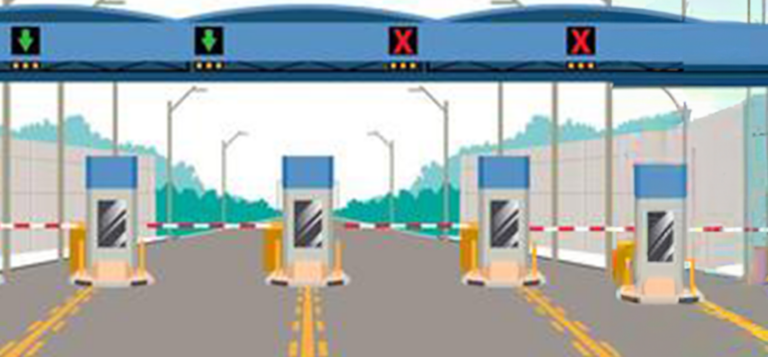
Navigating Toll Road Expenses: Essential Strategies for Dealerships
Toll road expenses are an often underestimated challenge in dealership operations, particularly when managing a fleet of loaner vehicles. As dealerships expand their service offerings to include loaner cars for customers, the complexities associated with toll management have become increasingly apparent. These challenges can lead to unexpected costs, operational inefficiencies, and customer disputes if not properly managed. Recognizing the intricacies of toll systems across different states and implementing effective strategies is crucial for dealerships to maintain financial control and ensure customer satisfaction.
One of the most significant issues dealerships face is the delay in billing for toll charges incurred by customers driving loaner vehicles. Unlike personal vehicles, where tolls are typically charged directly to the owner’s account in real-time, loaner vehicles are often billed weeks or even months after the toll has been incurred. This delay can create a gap in the dealership’s accounting, making it difficult to track and recoup these costs from the customer. By the time the dealership receives the toll invoice, the vehicle may have been returned, and the customer may no longer be readily available to settle the charges.
The diversity of tolling systems across the United States further complicates this issue. Each state manages its toll roads differently, with varying costs, notification methods, and billing cycles. For instance, while states like Florida and Texas have advanced electronic tolling systems with clear signage and immediate charges, other states may rely on less transparent processes. This inconsistency can lead to situations where customers inadvertently incur tolls without realizing it, leaving dealerships to deal with the fallout when the charges eventually arrive.
Adding to the complexity is the fact that many toll roads are now entirely electronic, with no physical toll booths to signal a charge. These all-electronic tolling (AET) systems, while efficient, make it easy for drivers to pass through toll points without noticing, especially if they are unfamiliar with the area. For dealerships, this means that toll charges can go unnoticed until a bill is received long after the vehicle was loaned out. This not only complicates financial management but also risks damaging the customer relationship if unexpected charges arise.
Loaner vehicles present unique challenges in toll management that differ from those faced by traditional rental car companies. While rental vehicles are often equipped with transponders that automatically bill toll charges to the rental company, dealerships may not have similar systems in place. Instead, they must rely on manual tracking and billing processes, which can be prone to delays and errors. If customers are unaware of the toll charges they’ve incurred, it can lead to disputes and dissatisfaction when the dealership attempts to recover these costs after the fact.
To address these challenges, dealerships must adopt proactive strategies for managing toll road expenses. This includes ensuring that customers are fully informed about their responsibility for tolls incurred during the loan period and implementing clear policies to facilitate the recovery of these charges. Additionally, dealerships should invest in technology that provides real-time tracking and reporting of toll expenses, enabling them to quickly identify and bill customers for any tolls incurred. By staying ahead of these potential issues, dealerships can avoid financial losses and maintain positive relationships with their customers.
Furthermore, implementing software solutions specifically designed for toll management can greatly enhance a dealership’s ability to handle these expenses efficiently. Such software can automate the process of tracking tolls, generate detailed reports, and streamline billing, reducing the likelihood of disputes and ensuring that charges are accurately accounted for. This proactive approach not only protects the dealership’s bottom line but also enhances operational efficiency, allowing staff to focus on delivering high-quality service rather than dealing with administrative headaches.
In conclusion, toll road expenses are a critical consideration for dealerships that offer loaner vehicles. The delays in billing, combined with the varied tolling systems across states, create significant challenges that can impact both financial management and customer satisfaction. By adopting effective strategies and leveraging the right technology, dealerships can successfully navigate these complexities, ensuring that toll expenses are managed efficiently and transparently. This approach ultimately supports the dealership’s financial health while fostering trust and satisfaction among its customers.